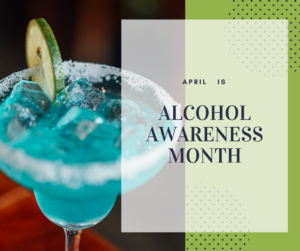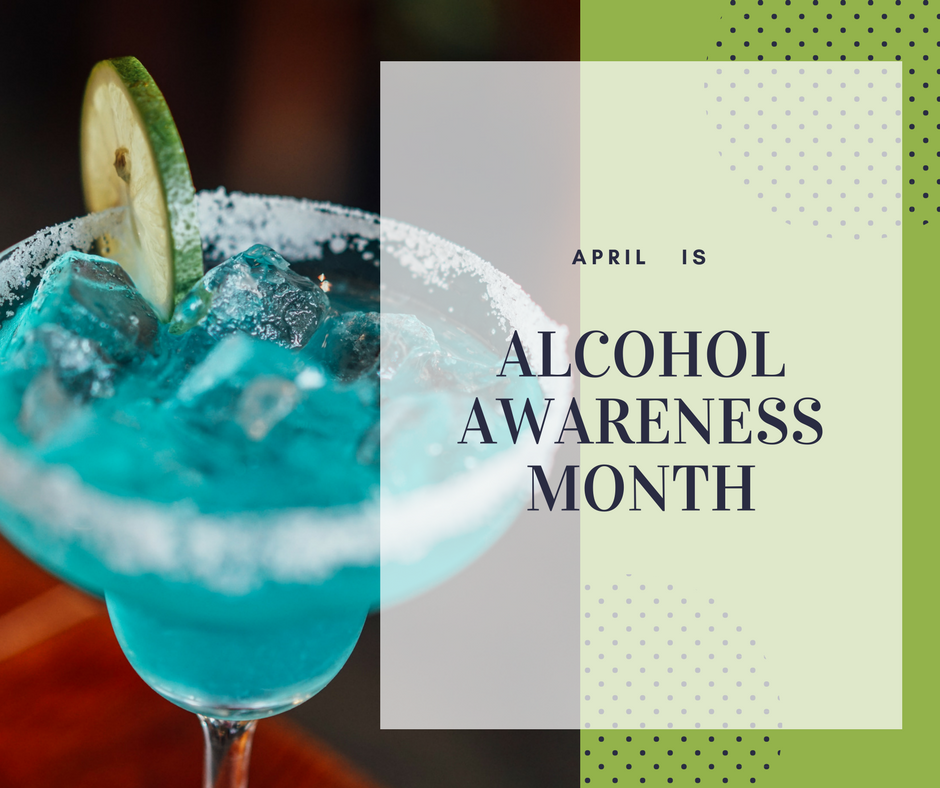
April is Alcohol Awareness Month. In our practice, we sometime see individuals struggling with mental health issues or chronic pain turn to alcohol or substances for relief. This can affect the analysis of your social security claim. The Social Security Administration rule SSR 13-2p outlines the protocol for evaluating alcoholism and drug addiction in a Social Security claim.
In a its simplest terms, the policy places the burden on the individual to show that his or her substance use is not a material factor of his/her disability. This means the individual seeking benefits must show that his or her use is not what is leading to the disability or inability to work. For example, let’s use the example of a person who suffers from severe spinal impairments and is no longer able to walk, requiring the use of a wheelchair. Whether or not this person drinks or uses substances, the ability to walk will not change. Their use of substance is not material to disability. However, if the individually was alleging disability due to severe hallucinations and psychosis, and it is revealed these hallucinations are cause by meth use, the drug use would be found to be material. In certain cases where the use has been extensive, it is possible to demonstrate that even if the substance use stopped, the disability would persist. In those cases, the use is no longer material.
If you are struggling with alcohol or substance abuse, there are many resources available to assist you.
RESOURCES:


